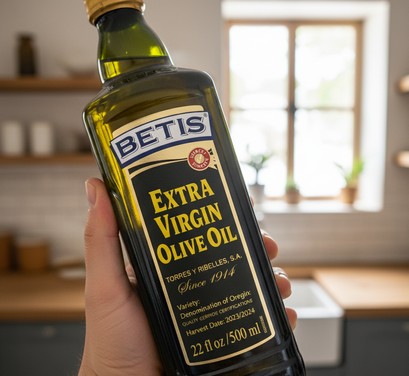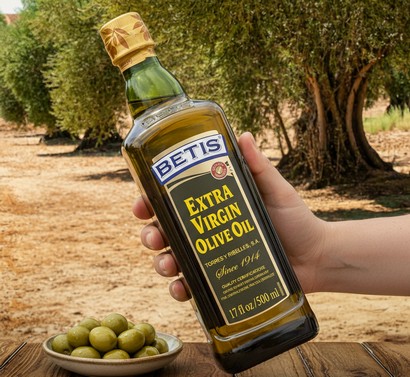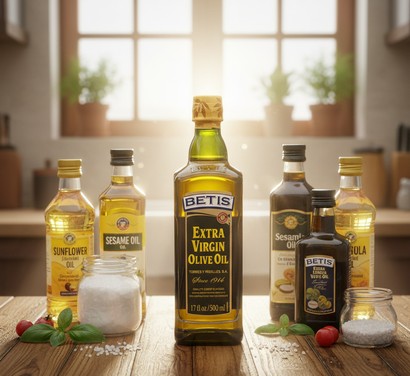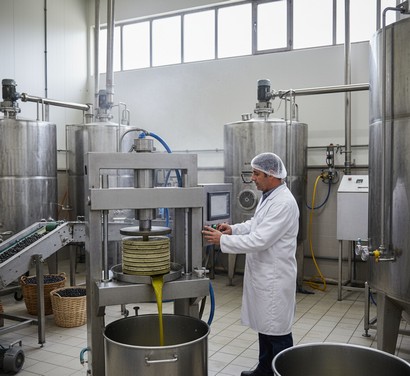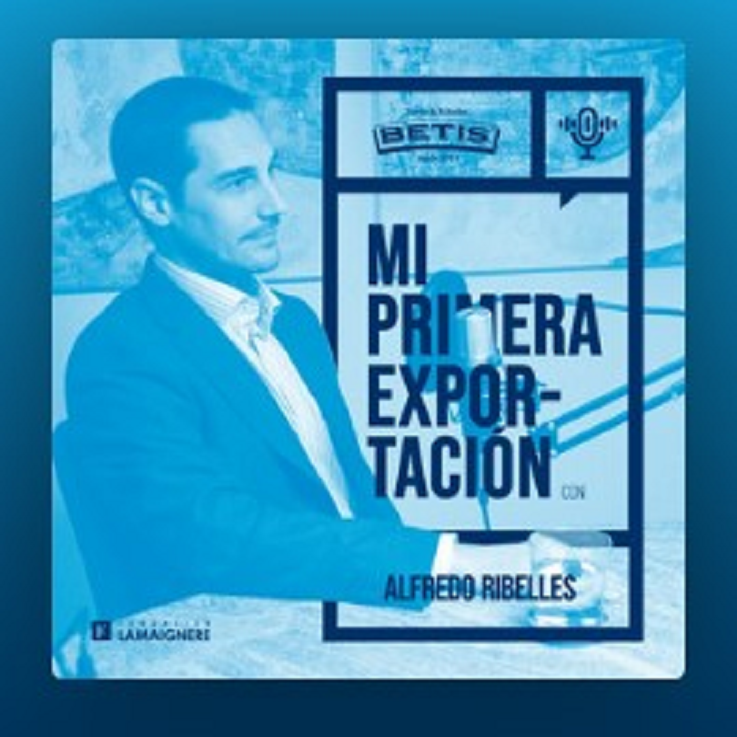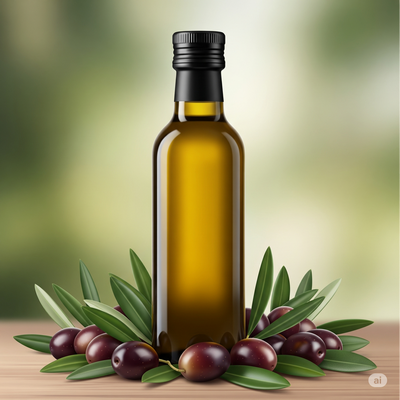What Extra Virgin Means and Why It's So Important
When you choose an olive oil, the "extra virgin" label is the key to its quality. But what does this term really mean, and why aren't all olive oils the same? The extra virgin distinction isn't just an adjective; it's a promise of purity and excellence.
For an olive oil to be classified as extra virgin, it must meet two main requirements:
-
Low Acidity: Its acidity must be less than 0.8%. This is an indicator of the quality of the fruit and the extraction process. Low acidity means the olives were in perfect condition and were processed quickly after harvest.
-
No Defects: A team of expert tasters subjects the oil to an organoleptic test. The oil cannot have any defects in its taste or aroma. It must be perfect, with no traces of rancidity, mustiness, or other flaws.
Unlike other olive oils that may undergo chemical processes to correct defects, extra virgin oil is a 100% natural olive juice obtained solely by mechanical means. At Torres y Ribelles, we are proud that our oil meets the highest quality standards, ensuring that every drop that reaches your table is pure, healthy, and delicious.

 United States
(English)
United States
(English) Spanish
(Español)
Spanish
(Español) Chine
Chine